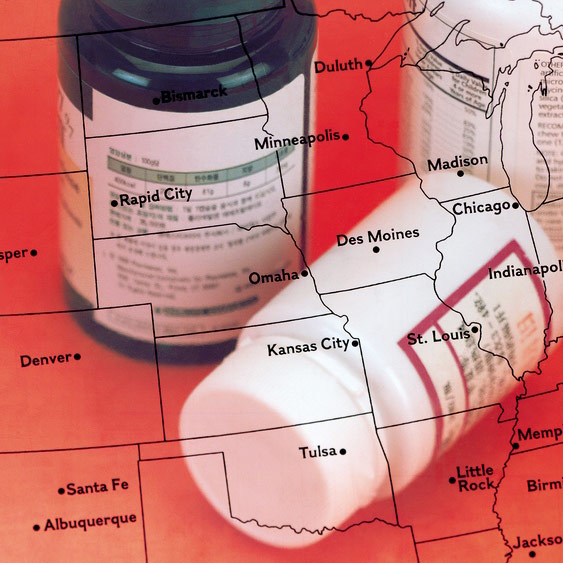
SATURDAY, Jan. 16 (HealthDay News) — Allergy vaccinations reduce total health-care costs in children with hay fever by one-third and drug prescription costs by 16 percent, according to a 10-year U.S. study.
Researchers compared the medical claims for 2,770 children with hay fever (allergic rhinitis) who received allergy vaccinations with the claims of 11,000 children with allergic rhinitis who didn’t receive allergen immunotherapy.
“This large-scale, comparative effectiveness study of health outcomes clearly demonstrates the benefits of allergen immunotherapy for children with allergic rhinitis. Findings are even more impressive considering the results were based on ‘real world’ health-care delivery, rather than on treatment provided within a tightly controlled clinical trial,” study author Cheryl Hankin, president and chief scientific officer of BioMedEcon, said in a news release.
The study will be published in the January issue of the Annals of Allergy, Asthma & Immunology.
The findings “are great news, not only for families who will experience fewer out-of-pocket expenses for allergy medications, but also for the ever increasing national health-care crisis. Because of the serious medical and economic consequences of childhood allergic rhinitis, early diagnosis and aggressive treatment need to be our priority,” study co-author Dr. Linda S. Cox, immediate past chair of the American College of Allergy, Asthma and Immunology’s Immunotherapy and Diagnostic Committee, said in the news release.
Allergic rhinitis is the third most common chronic disease in U.S. children. Each year, it causes 2 million missed school days and $2.3 million in health-care costs for children younger than 12. Allergen immunotherapy is the only treatment shown to decrease the risk of allergic rhinitis from developing into other allergies or asthma.
More information
The Asthma and Allergy Foundation of America has more about allergies.

